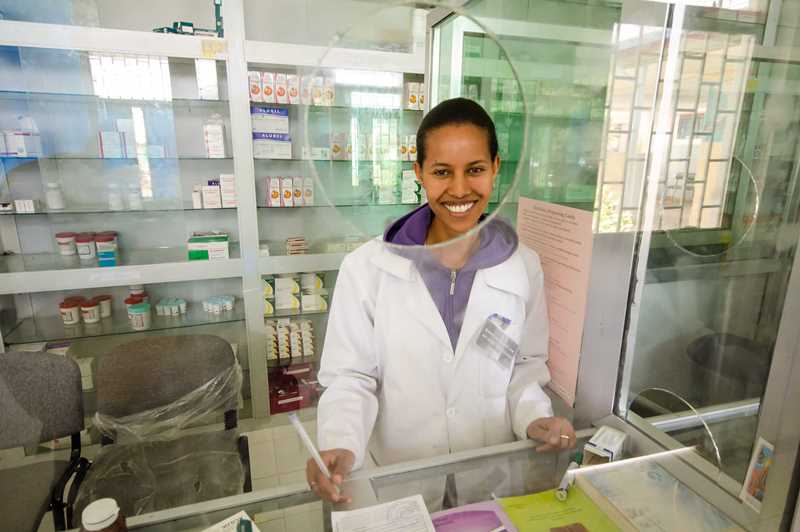
WHO calls for efforts to improve pharmaceutical systems in Africa
The World Health Organization (WHO) has called for greater commitment and higher investment in Africa to build strong pharmaceutical systems and improve access to quality medicines in countries of the continent.
 Hailing many improvements in Africa, the Organization underlined the need to employ sustained efforts in the area and to have better governance from countries to achieve public health gains by ensuring availability of quality medicines to African populations.
Hailing many improvements in Africa, the Organization underlined the need to employ sustained efforts in the area and to have better governance from countries to achieve public health gains by ensuring availability of quality medicines to African populations.
The European Union (EU), the African, Caribbean and Pacific Group of States (ACP) and WHO on Wednesday met in Ethiopia’s capital Addis Ababa to take stock of progress made by a joint four-year programme to improve access to quality medicines in 15 Sub-Saharan African countries.
The EU/ACP/WHO partnership is one of the leading initiatives attempting to build strong pharmaceutical systems to make quality medicines available to African populations, noted a statement from WHO.
Barriers to accessing quality medicines in African countries are often tied to resource constraints in the health sector, insufficient skilled staff, weak implementation of pharmaceutical policies and poorly managed supply chains, according to WHO.
These barriers in turn create fertile grounds for the circulation of poor quality and counterfeit pharmaceuticals, unaffordable prices and generally low availability of the needed medicines in health facilities, says the Organization.
“We’ve seen many improvements, particularly in the availability of quality medicines in health facilities and strengthened capacities of staff in the sector,” said Matshidiso Moeti, WHO Regional Director for Africa.
“However good results require sustained efforts in the long term to obtain public health gains and reach universal health coverage. We need to see greater commitment, higher investment and better governance from countries. Strong healthcare cannot exist without strong and well managed pharmaceutical systems,” said the Regional Director.
WHO also explains that pricing is a major barrier to access quality medicines in Africa.
“Generic medicines in low-income countries are only available in about 58 percent of facilities and on average cost 2.5 times more than the international reference price. Affordability is the next problem. Most Africans have limited access to social protection schemes and pay for medicines out of pocket, often leading to further impoverishment,” says Suzanne Hill, Director of WHO’s Essential Medicines and Health Products Department.
The EU/ACP/WHO “Renewed Partnership” was established in 2012 with 10 million euros seed funding to contribute to achieving the health-related Millennium Development Goals and universal health coverage.
Under the leadership of Ministries of Health, the 15 ACP countries benefit from WHO’s strategic, technical and monitoring support to increase access to quality essential medicines by strengthening their pharmaceutical systems.
The specific objectives of the Renewed Partnership are to improve availability, affordability and use of safe, effective and quality-assured essential medicines for priority communicable and non-communicable diseases, according to WHO. – Xinhua






